Team Members
Director
Paul T. Cirino, Ph.D.
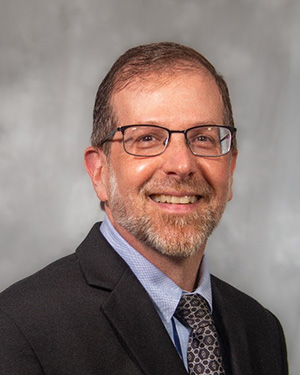
Dr. Cirino completed his Ph.D. in Clinical Neuropsychology from the University of Houston, and his APA/Division 40 clinical internship at the Arizona Health Sciences Center at the University of Arizona in Tucson, in 1996. Subsequently he was the Kirk Dornbush postdoctoral fellow in developmental neuropsychology at Georgia State University. From 1998-2000, Dr. Cirino was a staff neuropsychologist in the Department of Neuropsychology at the Kennedy Krieger Institute in Baltimore, MD. During that time, he was also appointed as Instructor in Medical Psychology in the Department of Psychiatry and Behavioral Sciences at the Johns Hopkins University School of Medicine. Dr. Cirino was subsequently a Clinical Research Psychologist and Associate Director of the Regents Center for Learning Disorders.
Dr. Cirino returned to the University of Houston as faculty in 2002 where he joined the Texas Institute for Measurement, Evaluation, and Statistics. He was awarded tenure in 2013 in the Department of Psychology, and was promoted to Full Professor in 2018. Dr. Cirino has been continuously funded with grants from NIH, IES, and NSF for over 20 years. His grants and published work reflects interests in academic areas (reading and math), neurocognitive function (particularly executive function, attention, and processing speed), and his work examines both typical and neurodevelopmental populations. He has over 130 peer-reviewed Journal publications; his h-index is 56, his i-10 index is over 115, and his research has been cited over 13,500 times. Dr. Cirino has edited two Special Issues (on math disability, on executive function), sits on multiple editorial boards, and is the former Editor-in-Chief of Learning and Individual Differences. He has been continuously licensed since 1998, and had specific appointments with several regional and national neuropsychological organizations, including 15 years on the board of the Houston Neuropsychological Society.
In addition to research, Dr. Cirino is the director of the Developmental Neuropsychology Clinic, which provides comprehensive evaluations for children with cognitive, learning,
and behavioral issues. The clinic offers a connection between Dr. Cirino’s research
and applied/practical issues experienced by children and their families. The clinic
runs on a sliding scale, and serves as a practicum experience for his own and other
child-focused graduate students.
Dr. Cirino is a diehard Cleveland football and baseball fan. He loves music of (most)
all kinds, playing guitar, cooking, hanging with family, reading, and traveling. He
is an avid walker, a terrible golfer (though enjoys this), and plays softball in a
league.
Clinical Psychology Graduate Students (Neuropsychology):
Mary (Molly) Witt, B.A. (Joined DNL 2025)
 Molly is a first-year doctoral student in the clinical psychology program with a major
emphasis in neuropsychology. She is from Carmel, Indiana, and received her B.S. in
Neuroscience with a Concentration in Clinical Psychology from Boston College in 2022.
She then worked at Massachusetts General Hospital as a Neuropsychology Technician
and Clinical Research Coordinator. In these roles, Molly administered neuropsychology
assessments to patients across the lifespan and contributed to research projects involving
the neuropsychological outcomes of children with brain tumors, the diagnosis of autism
spectrum disorder in a community healthcare setting and via telehealth assessment,
and the creation of a measure of health for children with Down syndrome.
Molly is a first-year doctoral student in the clinical psychology program with a major
emphasis in neuropsychology. She is from Carmel, Indiana, and received her B.S. in
Neuroscience with a Concentration in Clinical Psychology from Boston College in 2022.
She then worked at Massachusetts General Hospital as a Neuropsychology Technician
and Clinical Research Coordinator. In these roles, Molly administered neuropsychology
assessments to patients across the lifespan and contributed to research projects involving
the neuropsychological outcomes of children with brain tumors, the diagnosis of autism
spectrum disorder in a community healthcare setting and via telehealth assessment,
and the creation of a measure of health for children with Down syndrome.
Currently, Molly’s research interests include the cognitive processes that underlie math and reading skills. In her free time, she loves to run, hike, drink coffee, and play euchre.
Master’s Thesis: Check back soon!
Samantha van Terheyden, B.A., B.S. (Joined DNL 2024)
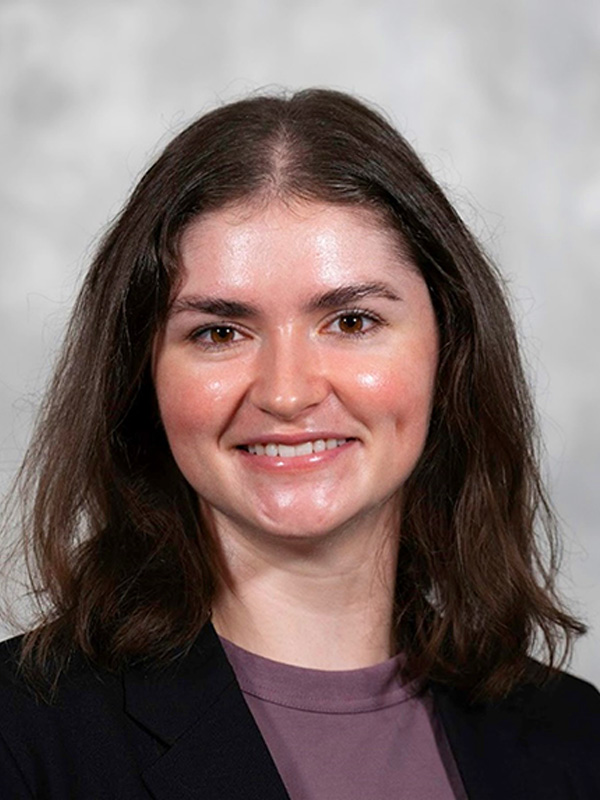
Samantha is a second-year doctoral student in the clinical psychology program with a major emphasis in neuropsychology. She is from Gaithersburg, Maryland, and received her B.S. in Psychology and B.A. in English Language and Literature from the University of Maryland in 2021. After graduation, she worked as a research coordinator at the Children's National Hospital Division of Neuropsychology. There, she supported research projects in concussion, brain tumors, and Neurofibromatosis Type 1.
Samantha’s thesis explores the application and update of a model of reading comprehension in college students. In addition to her research, she is working with Dr. Cirino in the Developmental Neuropsychology Clinic to provide neuropsychological evaluations to school-aged children with a variety of academic, cognitive, and behavioral concerns. Her current research interests center on the role of cognitive functions, such as attention and executive function, on the development of math and reading skills. In her free time, Samantha enjoys weightlifting, reading, and cooking new recipes.
Master’s Thesis: An update to the componential model of reading in college students (proposed, September 2025)
Juliana Wall, B.S. (Joined DNL 2023)
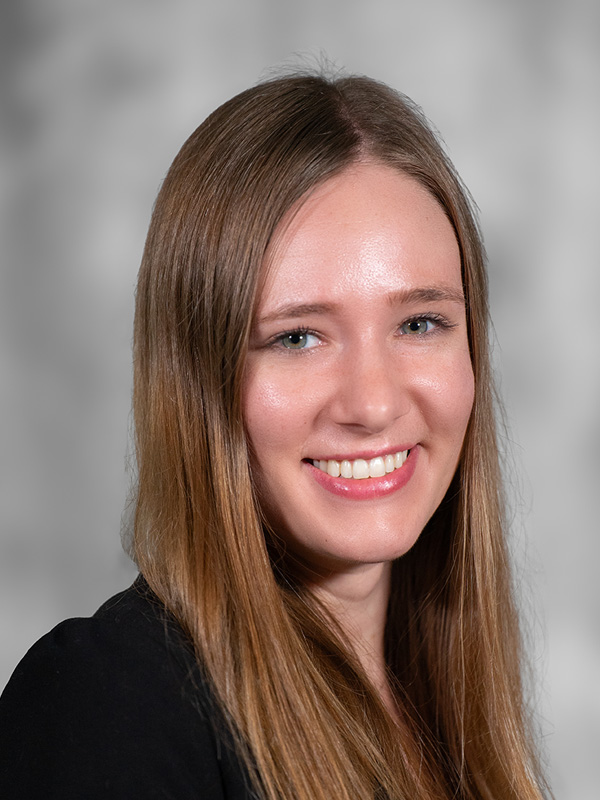
Juliana is a third-year doctoral student in the clinical psychology program with a major emphasis in neuropsychology. Originally from Manitou Springs, Colorado, she earned her B.A. in Psychology from Boston University in 2021. After graduation, she worked as a research coordinator at Boston Children's Hospital in the Lab of Translational Neuroimaging, focusing on the neural mechanisms underlying neurodevelopmental disorders and fMRI-based interventions for ADHD.
Currently, Juliana’s research interests focus on the structure of cognitive processes and within-person variability, and how they influence learning outcomes. Her master’s thesis explores the structure of processing speed and its impact on math achievement in college students. In addition to her research, she has trained with Dr. Cirino in the Developmental Neuropsychology Clinic, and she currently works at TIRR Memorial Hermann, providing neuropsychological assessments to children with a range of cognitive concerns. In her free time, Juliana enjoys photography, learning foreign languages, and visiting restaurants and museums around Houston.
Master’s Thesis: The structure of processing speed and its impact on math in college students (defense scheduled, October 2025)
Cristina Boada, M.A. (Joined DNL 2022)
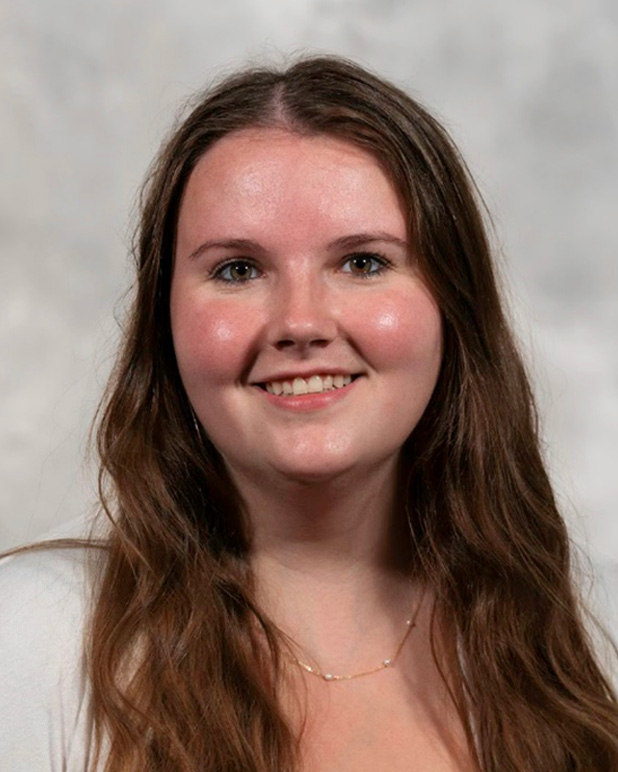
Cristina is a fourth-year doctoral student in the clinical psychology program with a major emphasis in neuropsychology. She is from Denver, Colorado and received her B.S. in Psychology from the College of William & Mary in 2019. Following graduation, she worked at Children’s Hospital Colorado in the eXtraordinarY Kids Clinic as a research coordinator. There, she worked on several studies examining children with sex chromosome aneuploidy (e.g. Klinefelter syndrome, XYY, Trisomy X, etc.) and other comorbid neurodevelopmental disorders. After 2 years in that role, Cristina began graduate school and received her M.A. in Clinical Psychology from Northwestern University Feinberg School of Medicine in 2022.
Cristina’s current research interests involve exploring attention, executive functions, language development, and learning disabilities. Cristina is currently working on her dissertation, which focuses on non-cognitive predictors of math in the context of language demographic differences in college students. For her clinical placements, she is currently at TIRR Memorial Hermann providing neuropsychological evaluations and therapeutic interventions to children and adults with brain injuries and spinal cord injuries in an inpatient setting. She is also working at UTHealth Neurosciences, Neurosurgery Program providing outpatient neuropsychological evaluations to adults with pre- and post-surgical cognitive concerns due to epilepsy and brain tumor. She has previously worked with Dr. Cirino in the Developmental Neuropsychology Clinic and at TIRR Memorial Hermann to providing outpatient neuropsychological evaluations to children and adolescents with a range of academic and cognitive concerns. Following graduate school, her goal is to become a pediatric clinical neuropsychologist. In her free time, Cristina enjoys singing, skiing (during trips home to Colorado), spending time with friends, and exploring new places around Houston.
Master’s Thesis: Cognitive and non-cognitive predictors of norm-referenced and everyday math performance in community college students (defended, April 2025).
Cassidy Salentine, B.A. (Joined DNL 2021)
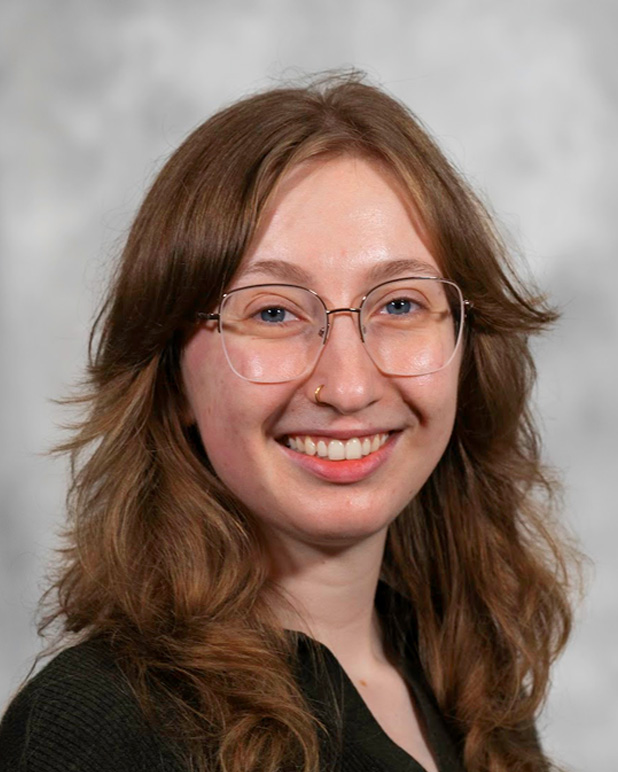
Cassidy is a fifth-year doctoral student in the Clinical Psychology program with a major emphasis in Clinical Neuropsychology. Originally from Luxemburg, Wisconsin, she earned her B.A. in Psychology with a concentration in Neuroscience from Lawrence University in Appleton, Wisconsin in 2018. Subsequently, she worked as a Research Assistant for the Goldin-Meadow Lab at the University of Chicago, contributing to projects on verbal and nonverbal language development, including the role of gesture in children’s mathematical learning. Her involvement in research examining how cognitive development influences academic success inspired her to pursue pediatric neuropsychology.
Cassidy’s current research focuses on measurement, comorbidity in neurocognitive disorders, and individual differences in cognitive abilities. Her dissertation examines the combined and unique effects of working memory capacity and affect on math performance in college students. She has co-authored multiple peer-reviewed publications and conference presentations, with ongoing collaborations on NIH- and NSF-funded projects related to learning disabilities and academic achievement. Clinically, Cassidy has completed practicum training at the UH Developmental Neuropsychology Clinic, TIRR Memorial Hermann, Texas A&M Telebehavioral Care Program, UTHealth McGovern Medical School, and Texas Children’s Hospital. Her experiences include neuropsychological assessment and evidence-based interventions with children, adolescents, and young adults presenting with a range of developmental, neurological, and psychiatric disorders. In her free time, Cassidy enjoys biking around Houston, going to concerts, and playing the clarinet.
Doctoral Dissertation: Working memory capacity, affect, and math performance in college students (proposed, October 2025)
Master’s Thesis: Overlapping cognitive predictors for math and writing achievement (defended, November 2023)
Alumni (Year Entered DNL/Year of Alumni Status):
- Abby Farrell, Ph.D. (2020/2025)
- Anthony Gioia, Ph.D. (2018/2023)
- Kelly Halverson, Ph.D. (2017/2022)
- Kelly Macdonald, Ph.D. (2016/2022)
- William Lacey, Ph.D. (2014/2020)
- Jesse Fischer, Ph.D. (2014/2019)
- Emily Warren, Ph.D. (2013/2019)
- Amanda Child, Ph.D. (2013/2019)
- Elyssa Gerst, Ph.D. (2012/2017)
- John Elias, Ph.D. (2010/2017)
- Emily Maxwell, Ph.D. (2010/2015)
- Becca Martin, Ph.D. (2009/2014)